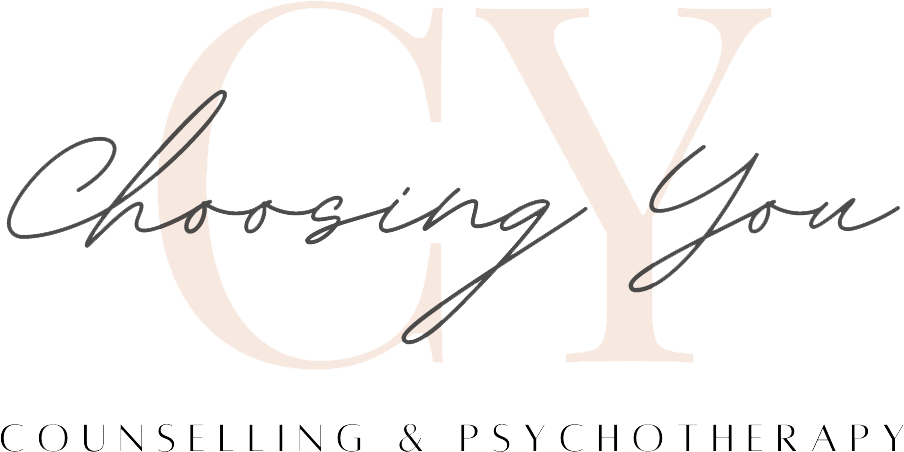There are a lot of myths and misconceptions about psychotherapy out there, however, the following 5 are some that seem to be less talked about.
Here are 5 misconceptions about psychotherapy that we thought may be important for clients to know:
1. Counselling is painful, unpleasant and serious: Myth
Although talking about emotions, and facing past experiences can be painful, the counselling relationship can often be very soothing, comforting, and pleasant! Therapists are still human, and quite a few of us like to use humour in counselling to help keep you grounded, or for silly metaphors and analogies that help you remember the tools we share.
A lot of the time, we receive feedback that clients feel relief knowing they can be themselves. Once a strong relationship has been established and clients feel safe and comfortable with their therapist, a lot of them express excitement to work on themselves and improve their life!
2. Talking with your therapist is the same as talking to a friend: Myth
The therapeutic relationship differs from other relationships in many ways. First and foremost, friends aren’t usually trained to listen, and they can often interrupt you. Read more about the three types of support here, and find out which one you and your friends might be!
Secondly, therapeutic relationships aren’t reciprocal, meaning that it’s not a two-way street. You don’t have to worry about taking care of your therapist. Instead, your therapist will have set limits to whether they share any personal information of themselves with you. This decision is not to be withholding, harsh, or indicative of your relationship with them; these limits are in place in order to keep the focus where it should be, on you. These limits that therapists hold can also sometimes be a great model for setting boundaries, which can help you on your own journey with developing boundaries.

3. Progress is linear: Myth
Counselling does not always provide instantaneous answers to all problems. It often takes a lot of self-exploration and patience. Just like a lot of paths in life, before things can get better, they often get worse.
Hold up – what did we just say?
Yes, it’s true. Things might start to feel worse all of the sudden during therapy because old wounds are being opened up and looked at.
Not to worry, this is completely normal and it’s important to let your therapist know when this is happening for you. Read more here about an example as to why things might feel worse.
By the time that this period may occur, you and your therapist have ideally already practiced regulating exercises like grounding and mindfulness tools that will help you bounce back quickly.
Although things might feel worse, this period typically doesn’t last long. Should this experience happen for you, your therapist will help you get through it and review the skills you already have while making any necessary changes to strengthen these skills you already possess.

4. I tried therapy and it didn’t help
There’s some truth to this and here’s what you might need to consider in order for therapy to be helpful the next time you try it!
If symptoms persist, these might be some reasons why:
5. You need to trust your therapist from day one: Myth
If you don’t trust your therapist right away, good for you! Some of you might be taken aback by that statement, but it’s a normal response to not trust a person immediately after you’ve met them. You never know right off the bat if they’re a good fit for you. This is especially true when a client has a history of trauma.
Trust is a process, and it requires information. Trust can be a choice. It’s also something that can be built over time.
Trust isn’t a prerequisite to therapy and you earned your right to not trust people. As long as it’s not an impediment for you, it should be just fine with your therapist.
But can you work together with your therapist? – That’s the only requirement.
Your therapist might explore what might have made you feel betrayed, sabotaged, or undermined; but these questions would be asked in order to make sure that your therapist doesn’t repeat any of the same mistakes. Should trust be a presenting problem that you would like to work on with your therapist, that can also be explored when you choose to do so!

- Explore personal motivation and readiness for change (sometimes we’re hoping for 1-3 sessions to fix our issues, and we might not be ready yet for a longer-term commitment. That’s okay! We hope you can try again when you’re ready).
- Difficult circumstances (social/emotional/spiritual factors, employment contributions, and health including reviewing any medications that might not be working optimally for you).
- Lastly, the relationship with the therapist might be impacting your growth. Different therapists have different approaches, meaning you may get different results with a different therapist! Therapy is fundamentally based on connection, so if you don’t feel connected or enjoy the presence of your therapist, you might be able to bring these concerns up to your therapist first to see if they can help make changes accordingly. Otherwise, it might be time to move on and try someone new.

